@Dr-GO Yes, I do browse the site from time to time. I do happen to be busy with many things (performances and preparing for a master class) that keep me away from casual computing.
As far as my posting at TrumpetMaster, that was an outlet for many concepts that I use when teaching and in my „industry“ job.
As far as grudges go, I am sorry that hindsight has not changed some peoples view of the world. Those that were banned had a „long series“ of behavior that was not „community“. In general, the admins posted in a protected area about those people and we were able to get other opinions before taking any action. Who actually banned who was not always clear as there was no flag visible to admins.
Wilmer died, may he rest in piece. All of the real professionals at TrumpetMaster had a certain degree of frustration with certain members who seemed to think that the supposed anonimity of the web gave them license to spew stupidity. I am convinced that in a real 1 on 1 lesson, the tone would have been completely different - far more respectful. I also often considered leaving TrumpetMaster but in the end, the real problem children (those only on transmit (TX) but not receive (RX)) were so few and the quantity of „respectful“ members gave me joy.
The essence of what I posted was just to take a step back, view the issue in its entirety and address the root cause instead of offering a patch for a symptom. This strategy works everywhere except in marriage (that being said, I have been with the same wife - my first - since 1978).
I still am not ready to make a commitment like I made to myself at TrumpetMaster. I am disappointed in the owner of TrumpetMaster for no warning or communication about closure. I certainly hope that the problem was not due to death or health issues.
Keep practicing!
Robin

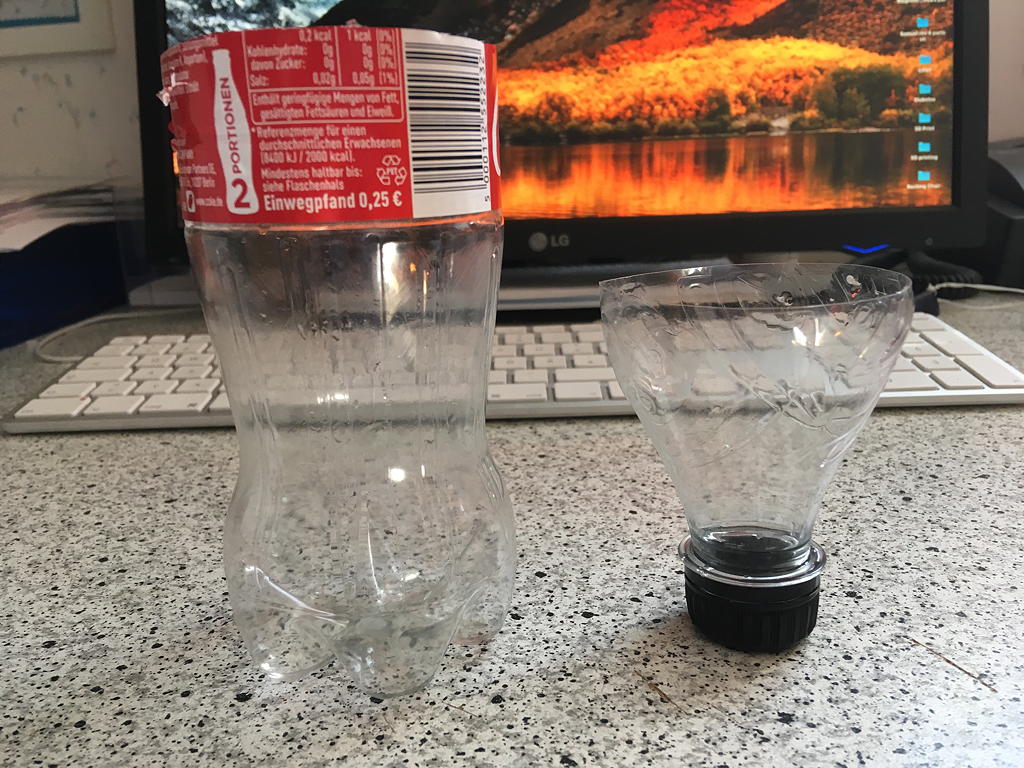
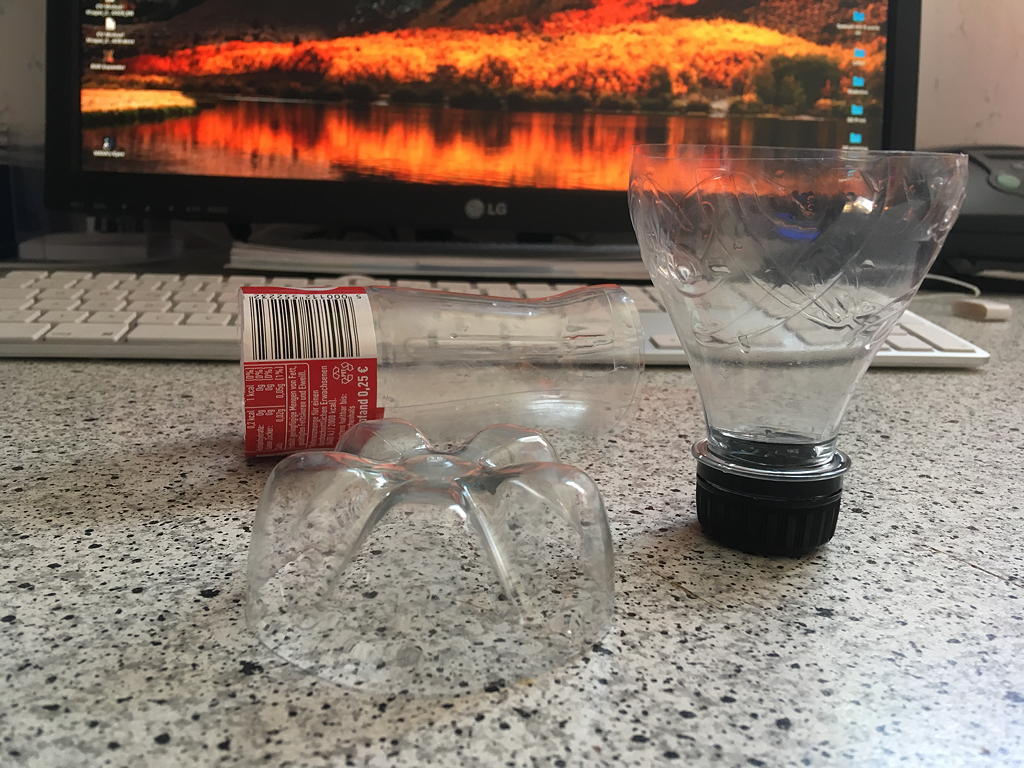
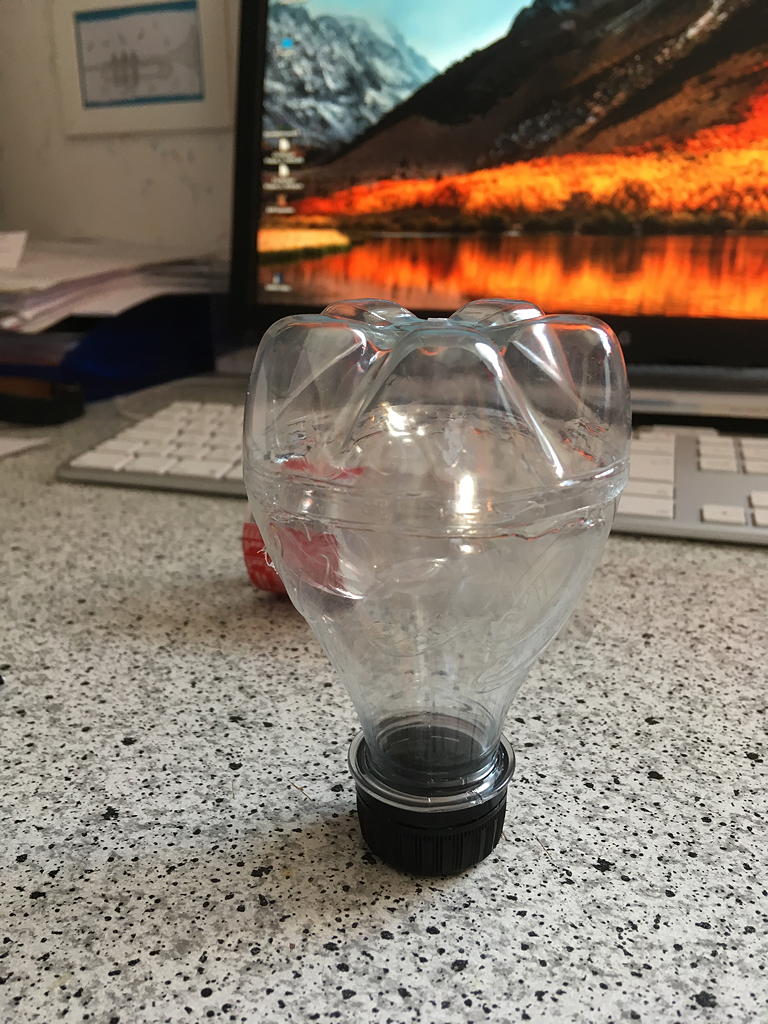
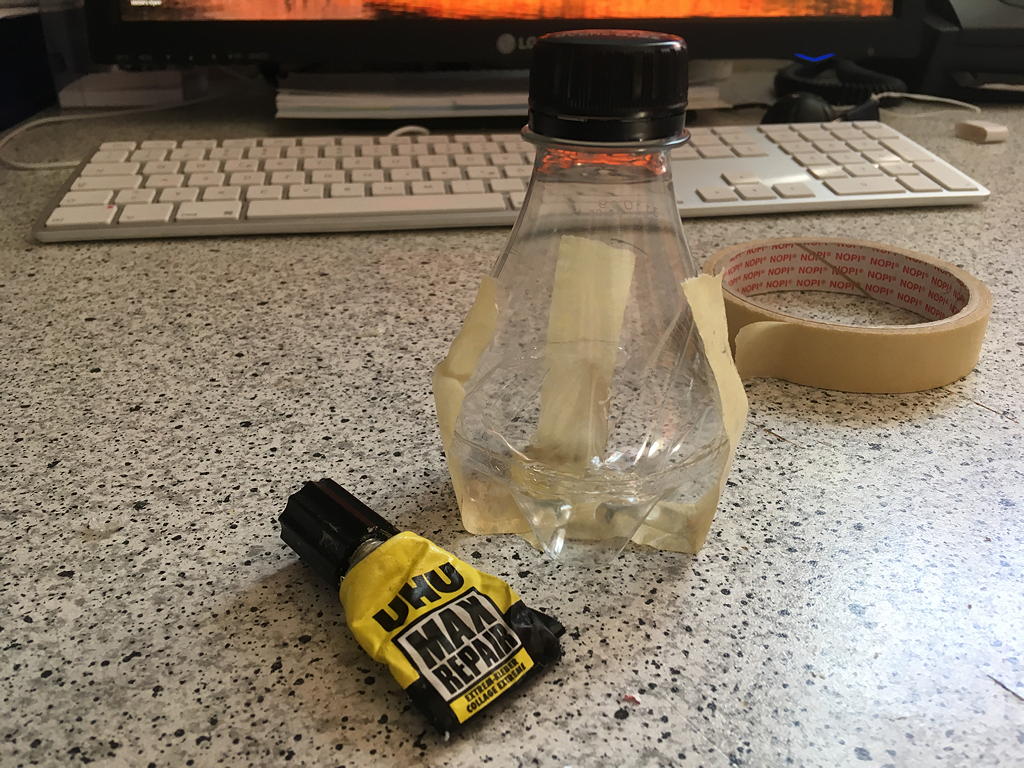
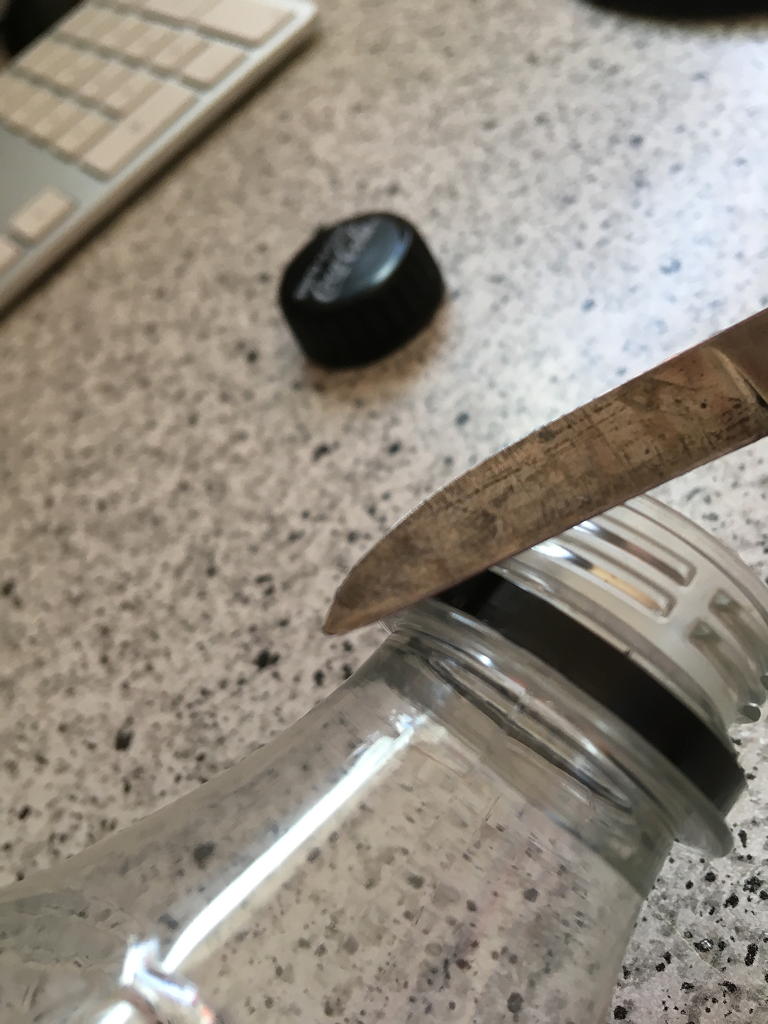
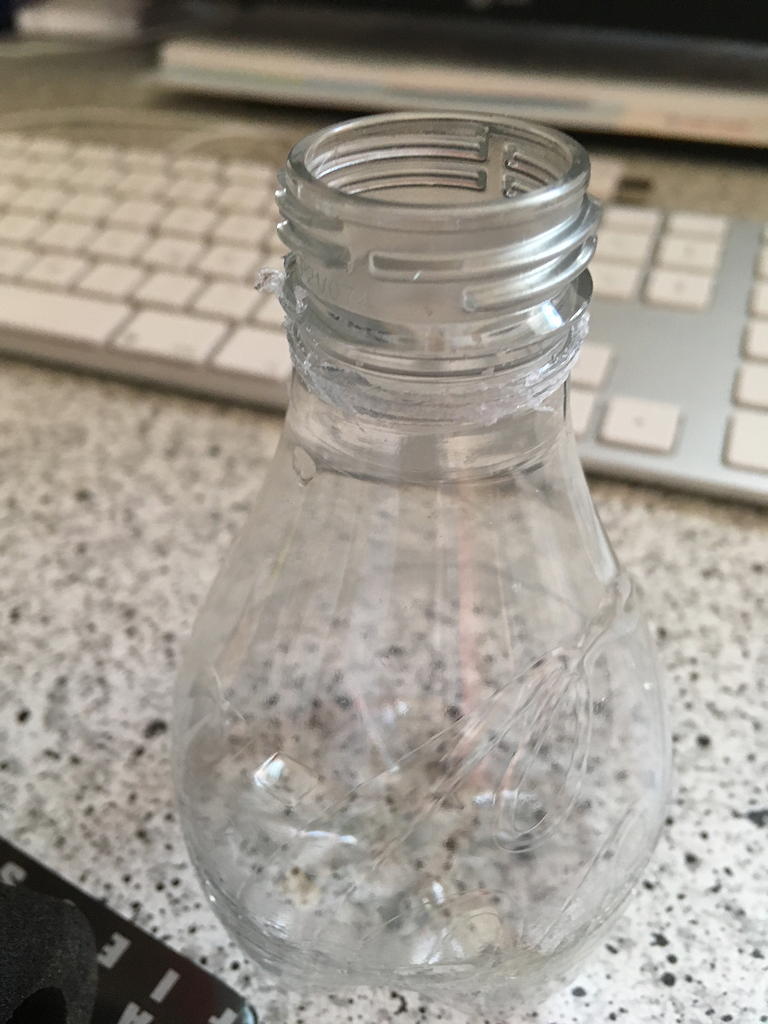
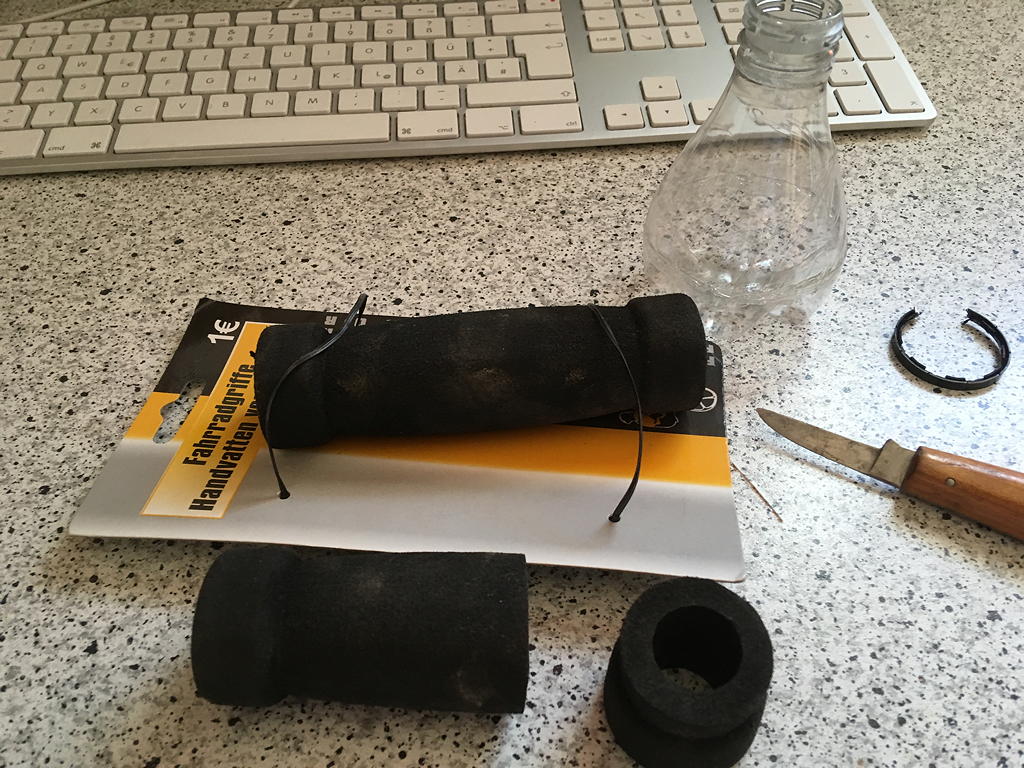
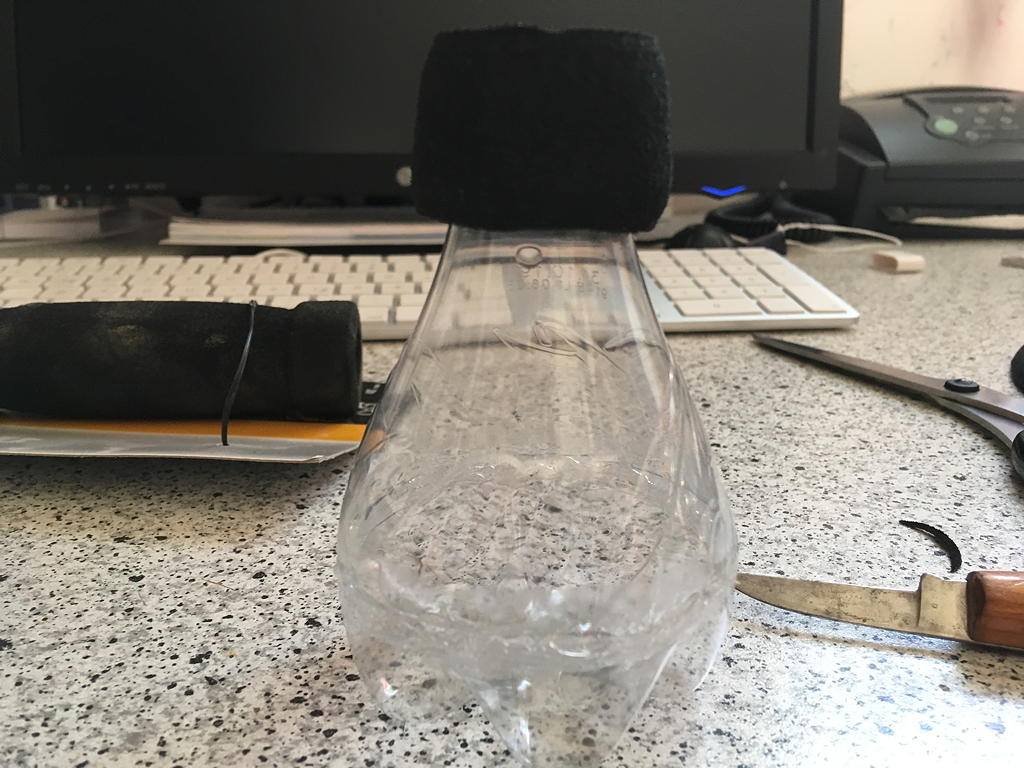
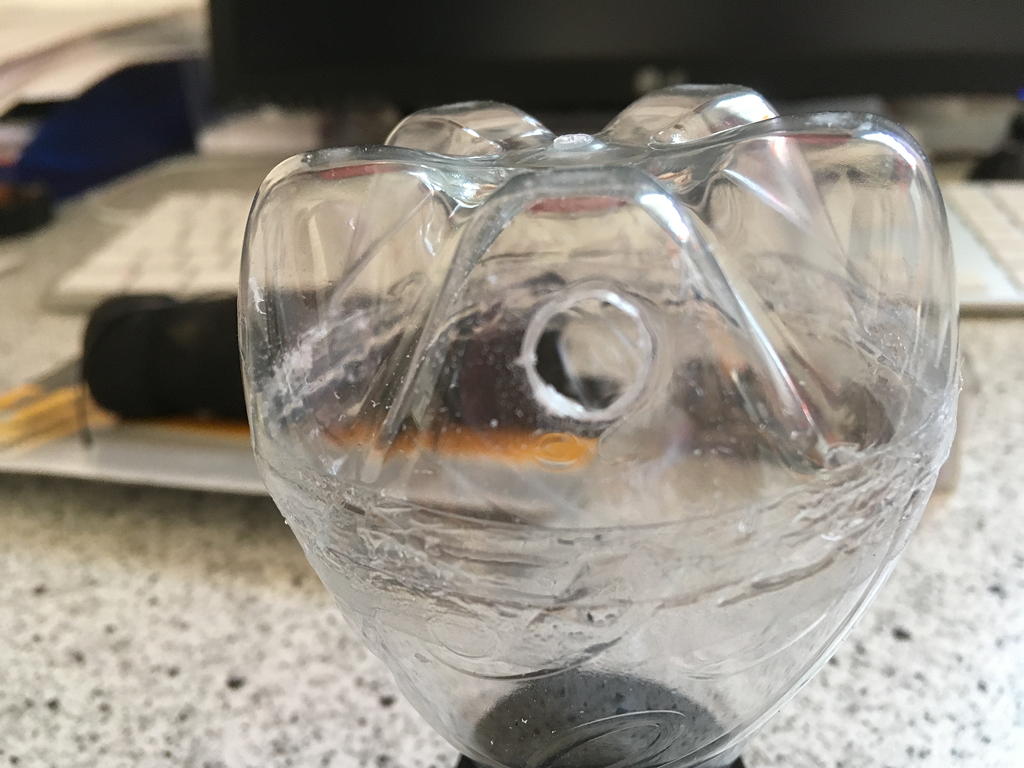
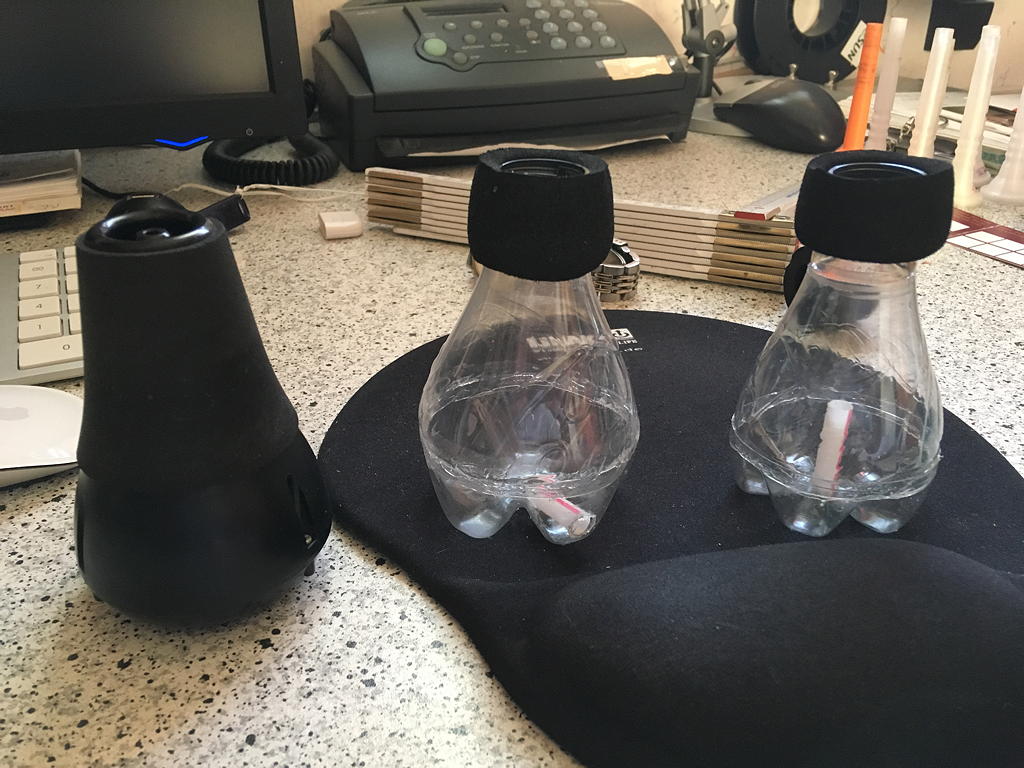
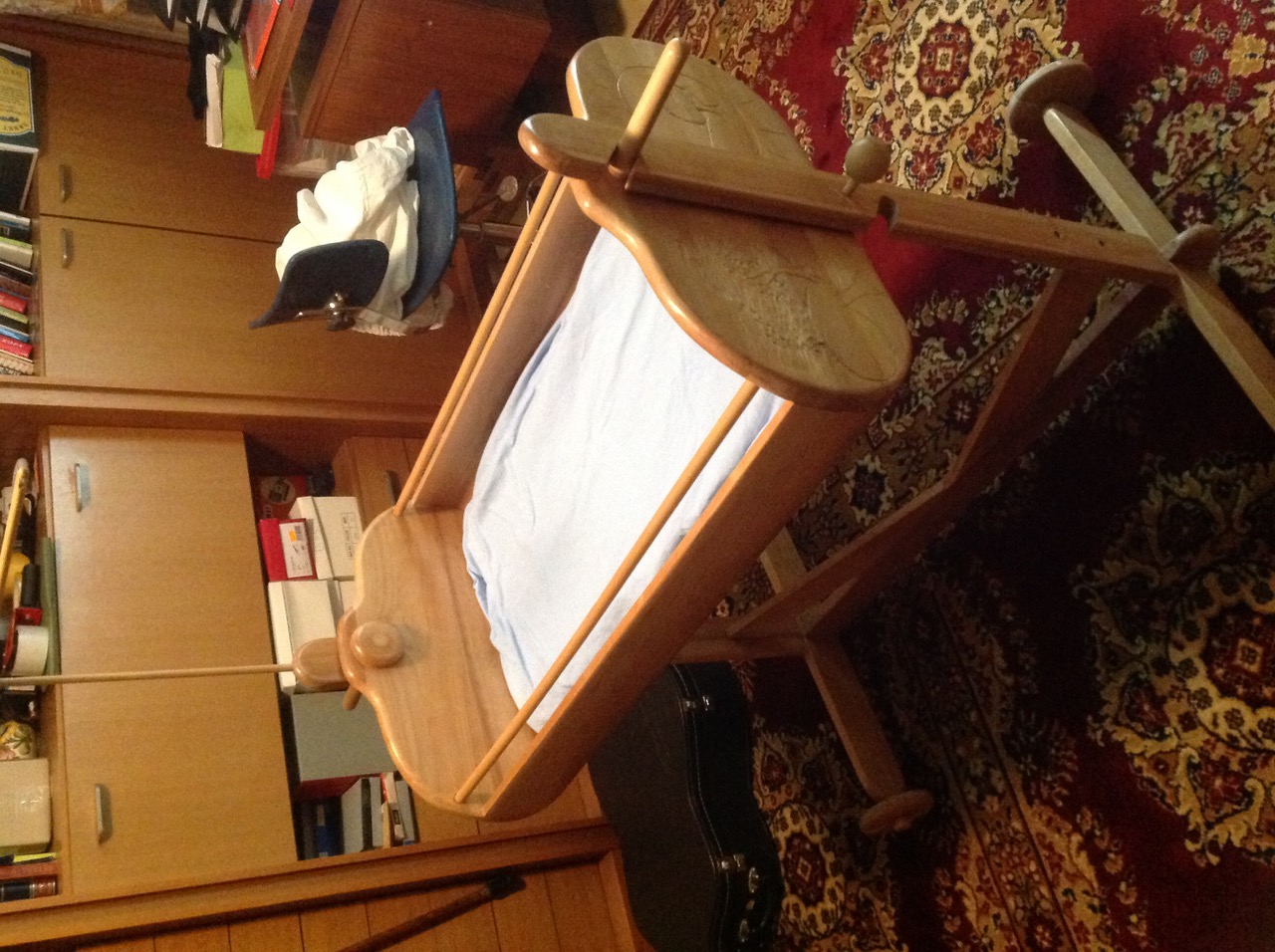
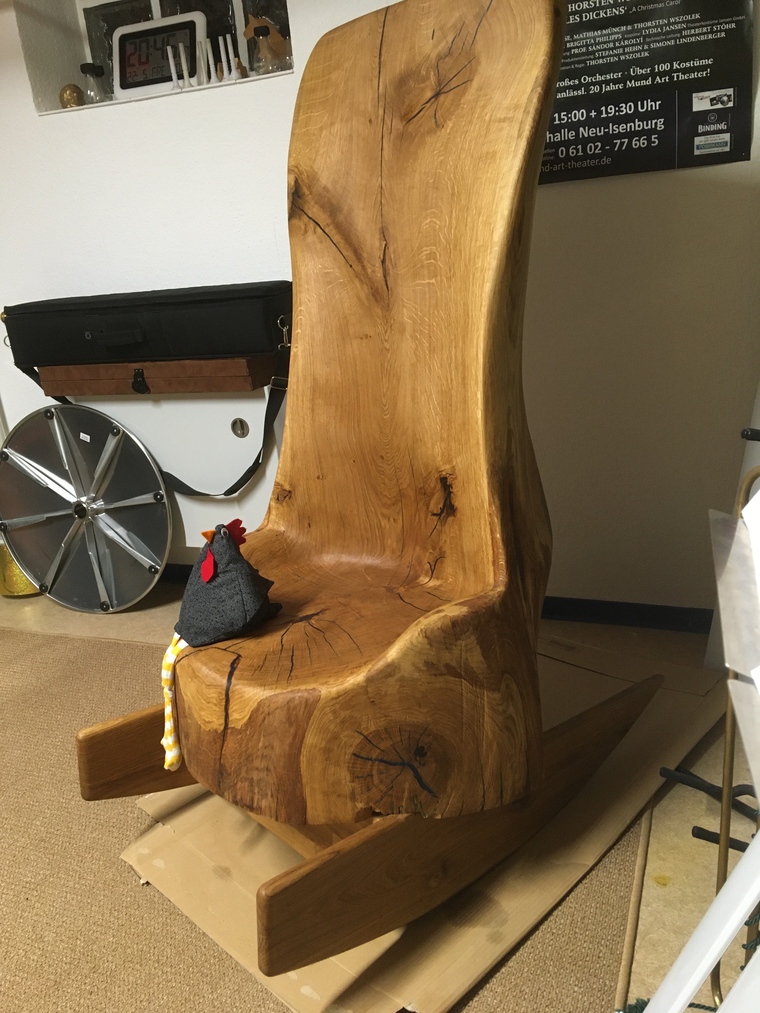

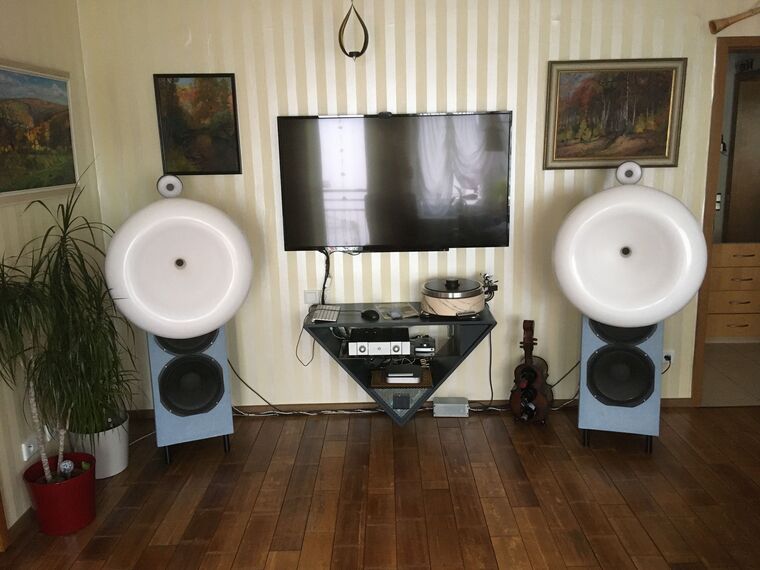
 , I wonder if instrument makers don't use the bore sizes as matters of classifications, within their own relative results. That horns aren't built with certain characteristics that fall within the bore-size classifications. And these characteristics apply to these given classifications regardless of how it's done?
, I wonder if instrument makers don't use the bore sizes as matters of classifications, within their own relative results. That horns aren't built with certain characteristics that fall within the bore-size classifications. And these characteristics apply to these given classifications regardless of how it's done?